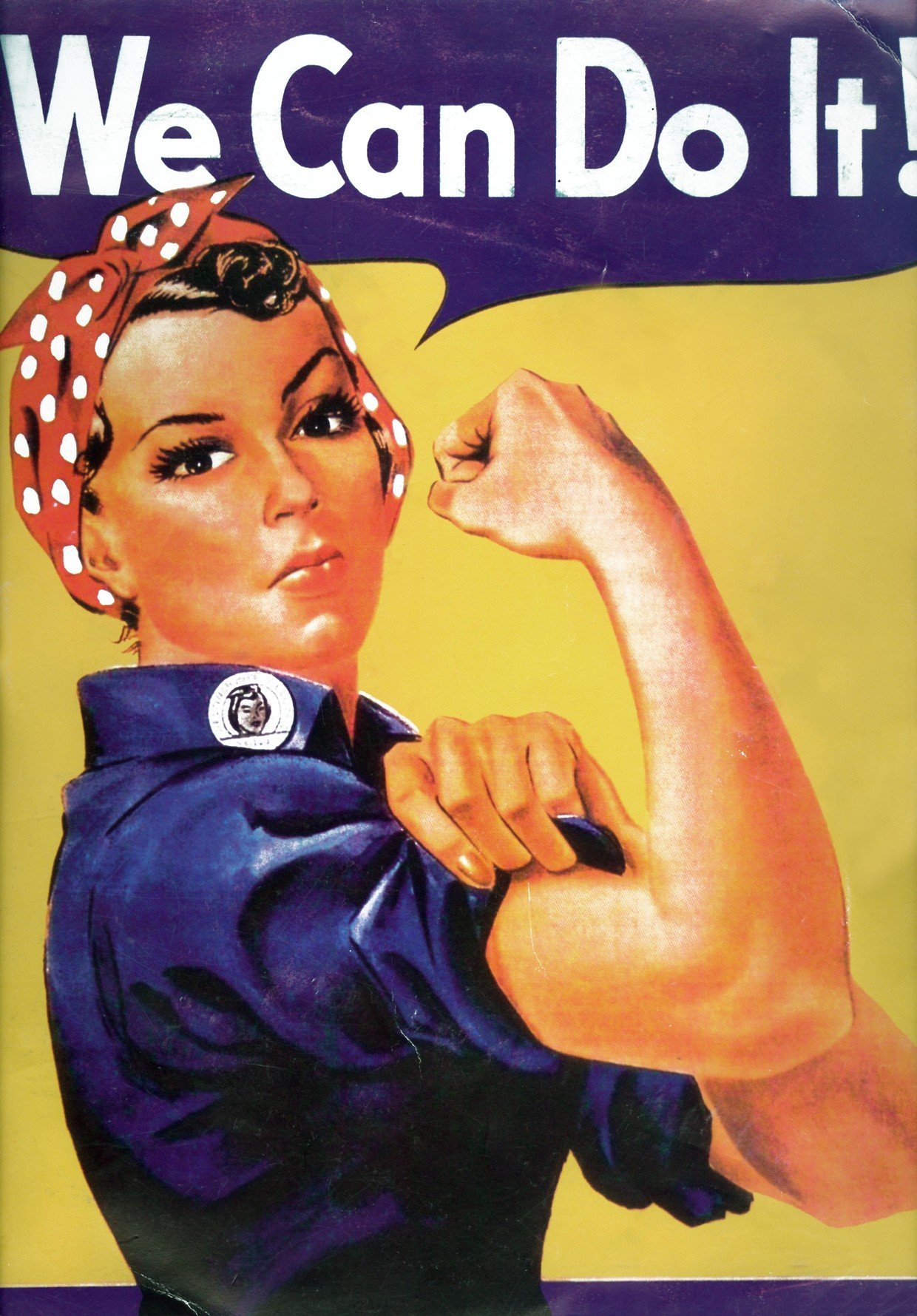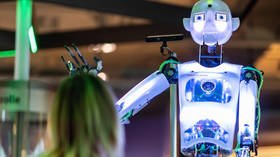Rise of Artificial Intelligence could hurt women’s careers & widen gender gap – WEF

The growth of jobs in emerging industries, such as IT and engineering, is set to disproportionately hurt women and the progress made in reducing pay inequality.
That’s according to a new report from the World Economic Forum (WEF). It found that despite the fact the gender pay gap (the difference between average earnings for men and women) has been narrowing over recent years, there’s still 202 years ahead before the compensation parity is finally reached.
The process could get even lengthier if progress is not made in bringing more women into the workforce, said WEF.

“We’re looking at these big, structural changes, which I think are creating a drag on what was a stronger momentum before towards gender equality,” Saadia Zahidi, managing director and head of social and economic agendas at the World Economic Forum, told CNBC.
READ MORE: Mapping the world's most robot-aided nations
The gender gap is three times larger in the highly-technical Artificial Intelligence (AI) industry than in other sectors, with women making up just 22 percent of the workforce.
Also on rt.com Artificial intelligence could spur global growth as much as steam engine did – reportThat is not only harmful for advancing pay parity and gender equality more generally, but also creates issues for the technology itself, said the report. If AI is programmed almost exclusively by men, there’s a risk that gender biases will slip into the machines, too.
“It is absolutely crucial that those people who create AI are representative of the population as a whole,” said WEF's head of Artificial Intelligence and Machine Learning, Kay Firth-Butterfield. A lack of diversity means “we’re not actually reflecting the population and we have a huge problem,” she added.
READ MORE: Artificial intelligence to contribute $16 trillion to global GDP by 2030
The WEF report pointed out that some industries and institutions are making progress in encouraging more women to become involved in emerging technologies. Those are the education and healthcare sectors and non-profits, where the talent pool of women in AI outweighed men.

“The diversity — including gender diversity — of views among innovators is vital to ensuring the economic opportunities created by AI do not increase existing gender inequalities, and that new AI systems serve the needs of society at large,” the report said.
For more stories on economy & finance visit RT's business section














